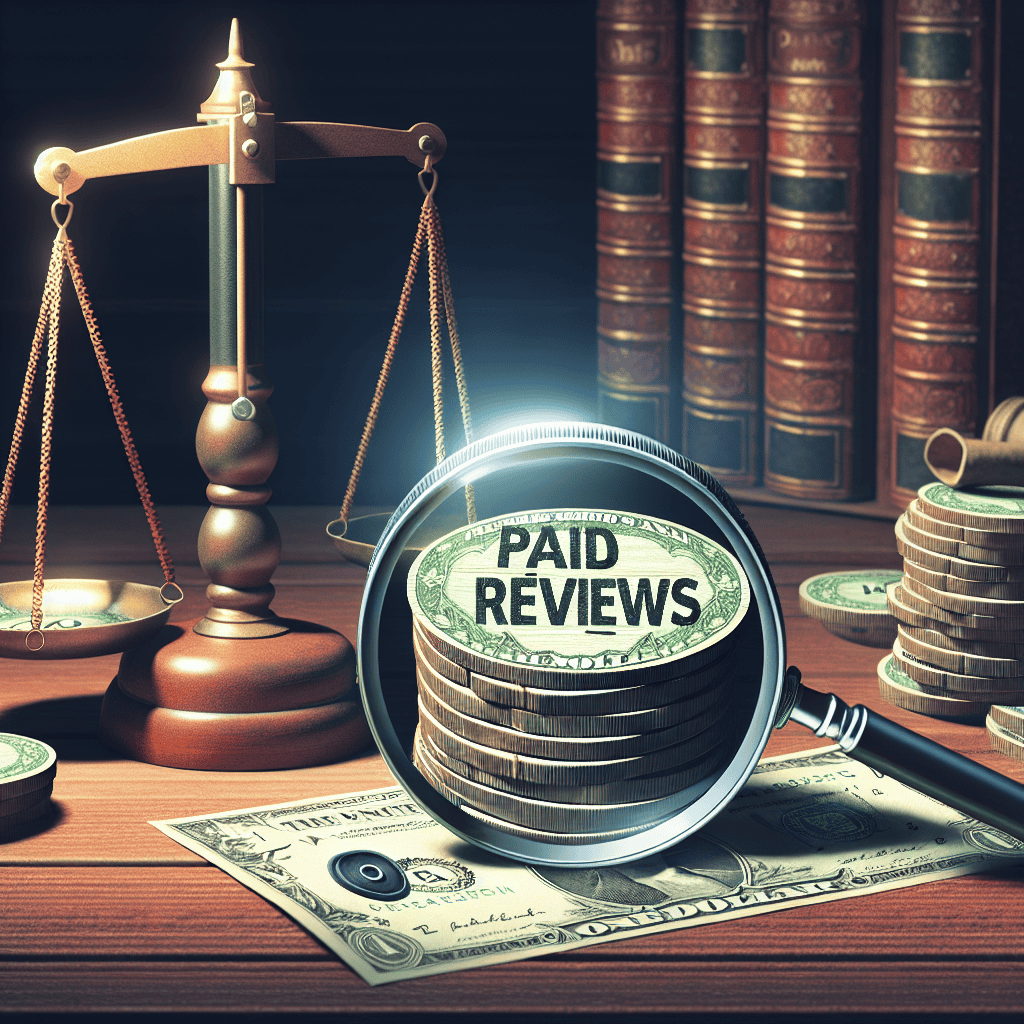As consumers, we rely heavily on reviews to make informed purchasing decisions. Whether we’re looking for a new restaurant to try, a hotel to stay at, or a product to buy online, we turn to reviews to gauge the quality and reputation of the offering. However, what many consumers may not realize is that not all reviews are created equal. In fact, some reviews are paid for by the businesses themselves, leading to biased and unreliable information being presented to the public.
The Rise of Paid Reviews
In today’s digital age, businesses are constantly looking for ways to stand out from the competition and attract more customers. One common tactic they use is paying for positive reviews. This can come in the form of offering free products or services in exchange for a glowing review, or even paying individuals to write fake reviews on their behalf. With the rise of influencer marketing and social media, paid reviews have become more prevalent than ever.
The Consequences of Paid Reviews
While paid reviews may benefit the businesses that commission them in the short term, they can have serious consequences in the long run. For one, paid reviews can erode trust between businesses and consumers. When consumers discover that a review is biased or unreliable, they are less likely to trust the business and may take their business elsewhere. This can lead to a loss of loyal customers and damage to the brand’s reputation.
Furthermore, paid reviews can also have legal implications. The Federal Trade Commission (FTC) has strict guidelines in place regarding endorsements and testimonials, requiring that any paid reviews be clearly disclosed as such. Failure to do so can result in hefty fines and penalties for both the businesses and the individuals writing the reviews.
How to Spot a Paid Review
So how can consumers spot a paid review and protect themselves from being misled? One telltale sign is an overly positive or glowing review that seems too good to be true. Paid reviews often lack the nuance and authenticity of genuine reviews, and may focus more on selling a product or service rather than providing an honest opinion.
Another red flag is a lack of disclosure. If a review doesn’t mention any compensation received for writing it, it’s likely a paid review. By law, paid endorsements must be clearly disclosed to consumers, so if this information is missing, it’s best to proceed with caution.
Conclusion
In conclusion, paid reviews are a deceptive practice that can have serious consequences for both businesses and consumers. While businesses may see them as a quick and easy way to boost their reputation, the long-term effects can be damaging. Consumers should be vigilant in spotting paid reviews and make informed decisions based on unbiased and reliable information. By supporting businesses with genuine reviews, we can help create a more transparent marketplace for all.
Get A Free 30-day Trial of Reputation Riser: Try Reputation Riser
Easily Respond to All Reviews Good or Bad with our Review Responder software. Try for FREE: Review Responder Free Trial
Start Marketing Your 5-Star Reputation with Reputation Videos
Complimentary Strategy Call




0 Comments